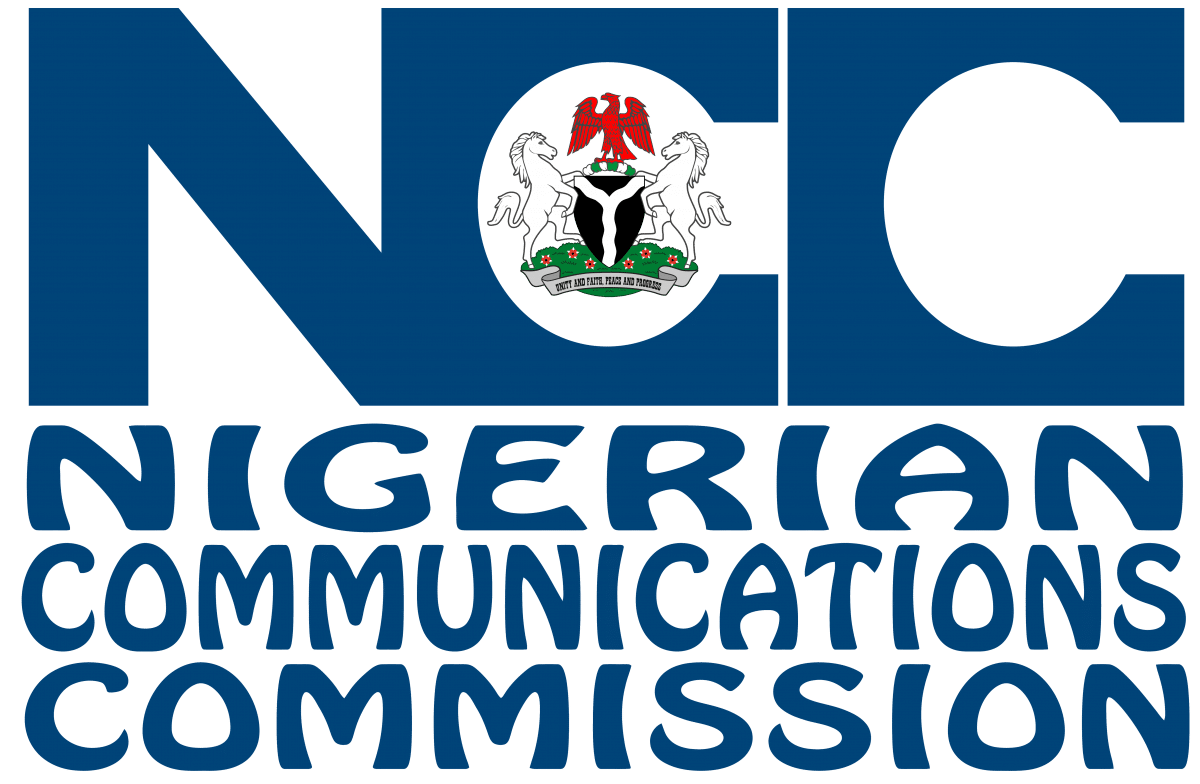NCC alerts against new ransomware assaulting organisational networks

The Nigerian Communications Commission wishes to alert members of the general public that a cybercrime group has actually refined a new year plan to provide ransomware to targeted organizational networks.
The brand-new ransomware discovered by security professionals has actually been categorised, by the Nigerian Computer Emergency Response Team’s (ngCERT) advisory released over the weekend, as critical and high-risk.
According to the ngCERT advisory, the criminal group is said to have actually been mailing out USB thumb drives to many organisations in the hope that receivers will plug them into their PCs and set up the ransomware on their networks. While companies are being targeted, crooks might quickly begin sending out contaminated USB drives to people.
Explaining how the cybercrime group runs the ransomware, the ngCERT advisory says the USB drives include so-called ‘BadUSB’ attacks. The BadUSB exploits the USB standards flexibility and allows an aggressor to reprogram a USB drive to replicate a keyboard to produce keystrokes and commands on a computer. It then installs malware prior to the os spoofing a network or booting card to redirect traffic.
Many attack tools are also installed while doing so that permits exploitation of computers (PCs), lateral movement throughout a network, and installation of extra malware. The tools were utilized to deploy several ransomware pressures, consisting of BlackBatter and REvil.
According to ngCERT, the attack has actually been seen in the United States where the USB drives were sent in the mail through the Postal Service and Parcel Service. One type included a message impersonating the US Department of Health and Human Services and claimed to be a COVID-19 caution. Other harmful USBs were sent in the post with a gift card declaring to be from Amazon.
However, ngCERT has actually provided recommendations that will make it possible for business and individual networks to alleviate the impact of this brand-new cyber attack and be secured from the ransomware.
These suggestions include a get in touch with individuals and organisations not to place USB drives from unidentified sources, even if they’re addressed to you or your company. In addition, if the USB drive comes from a person or a business one is not familiar with and trusts, it is suggested that a person contacts the source to validate they actually sent the USB drive.
NgCERT has actually advised Information and Communication Technology as well as other Internet users to report any incident of system compromises to ngCERT via [ e-mail secured], for technical help.
editor's pick
latest video
news via inbox
Nulla turp dis cursus. Integer liberos euismod pretium faucibua




